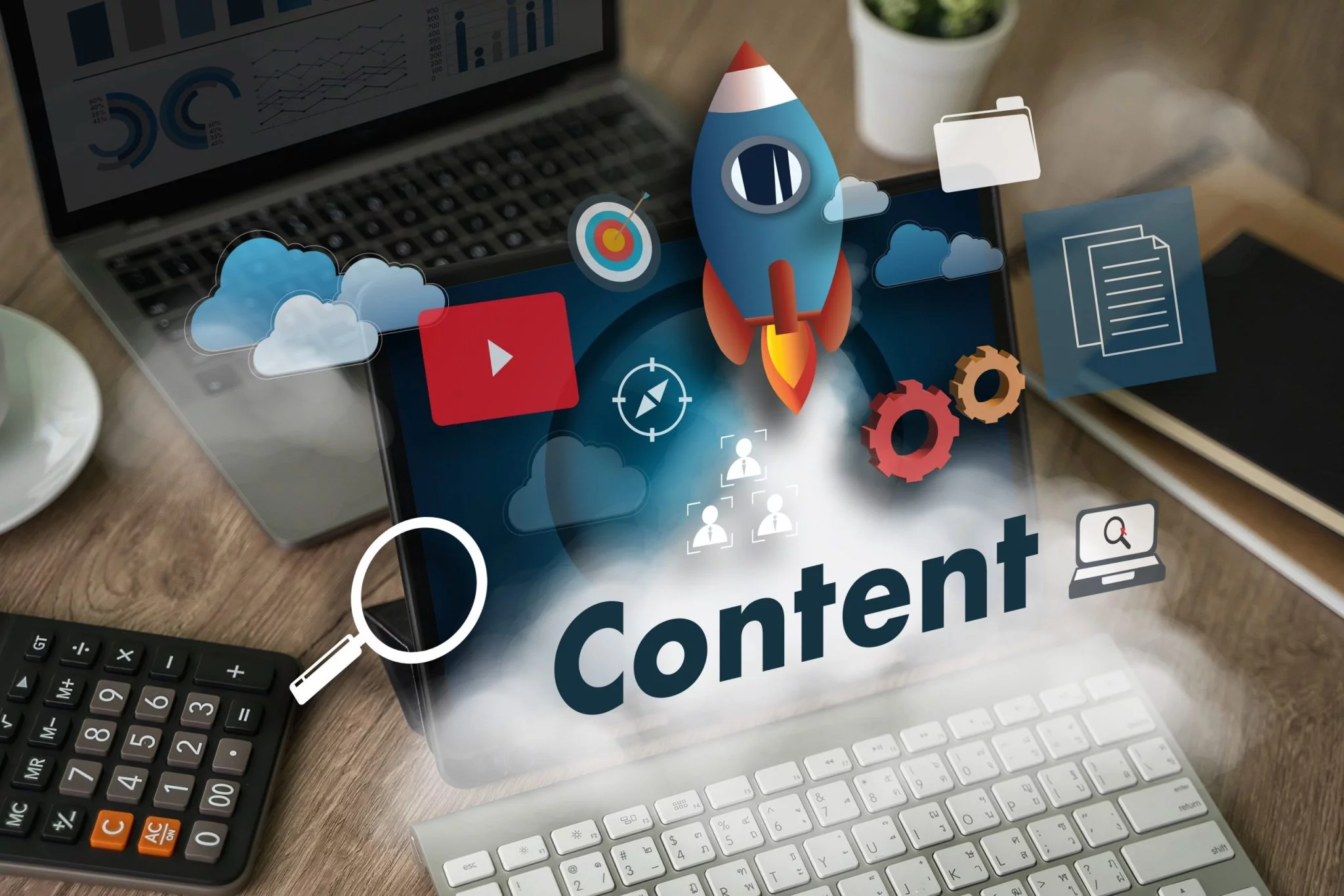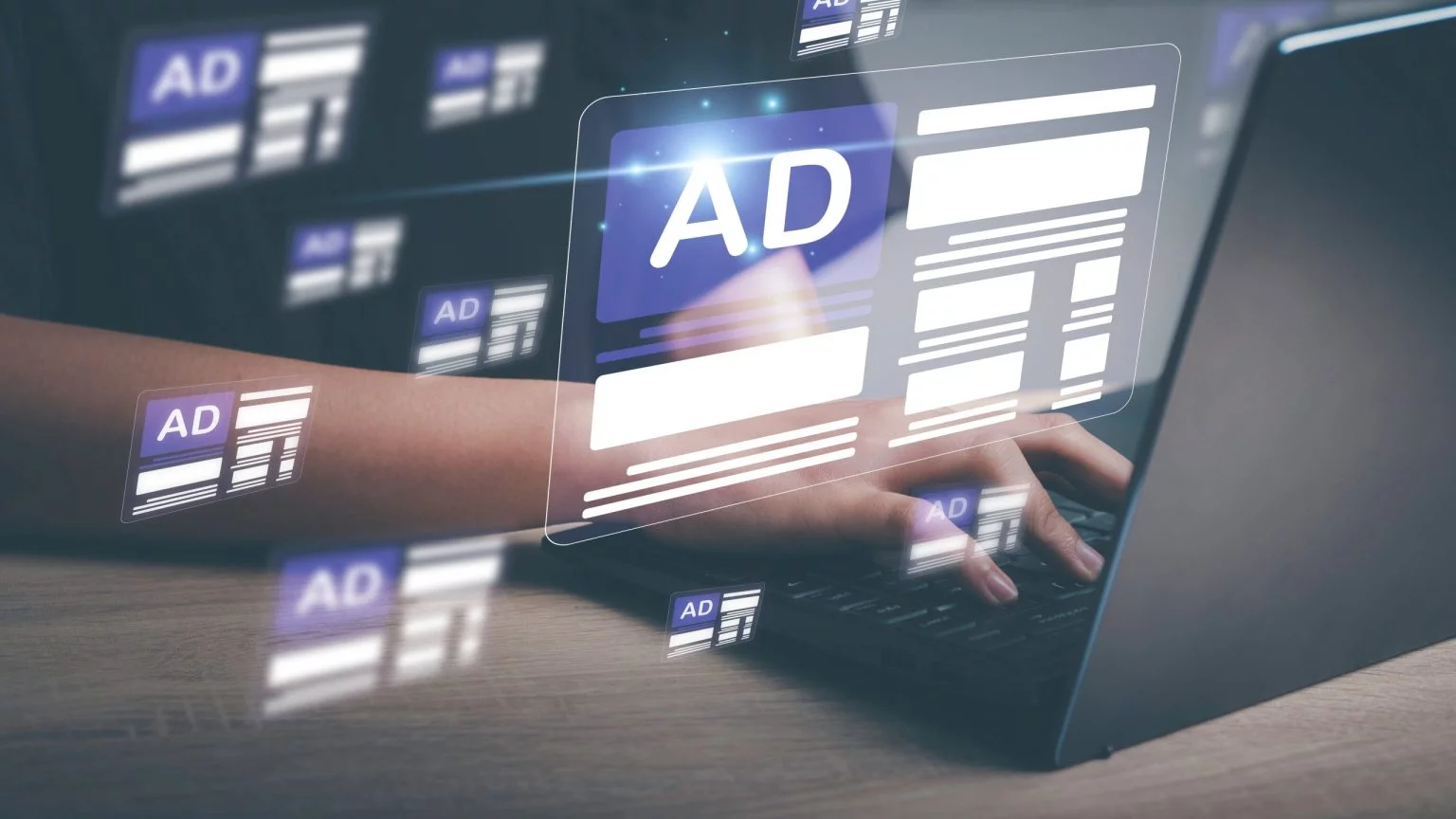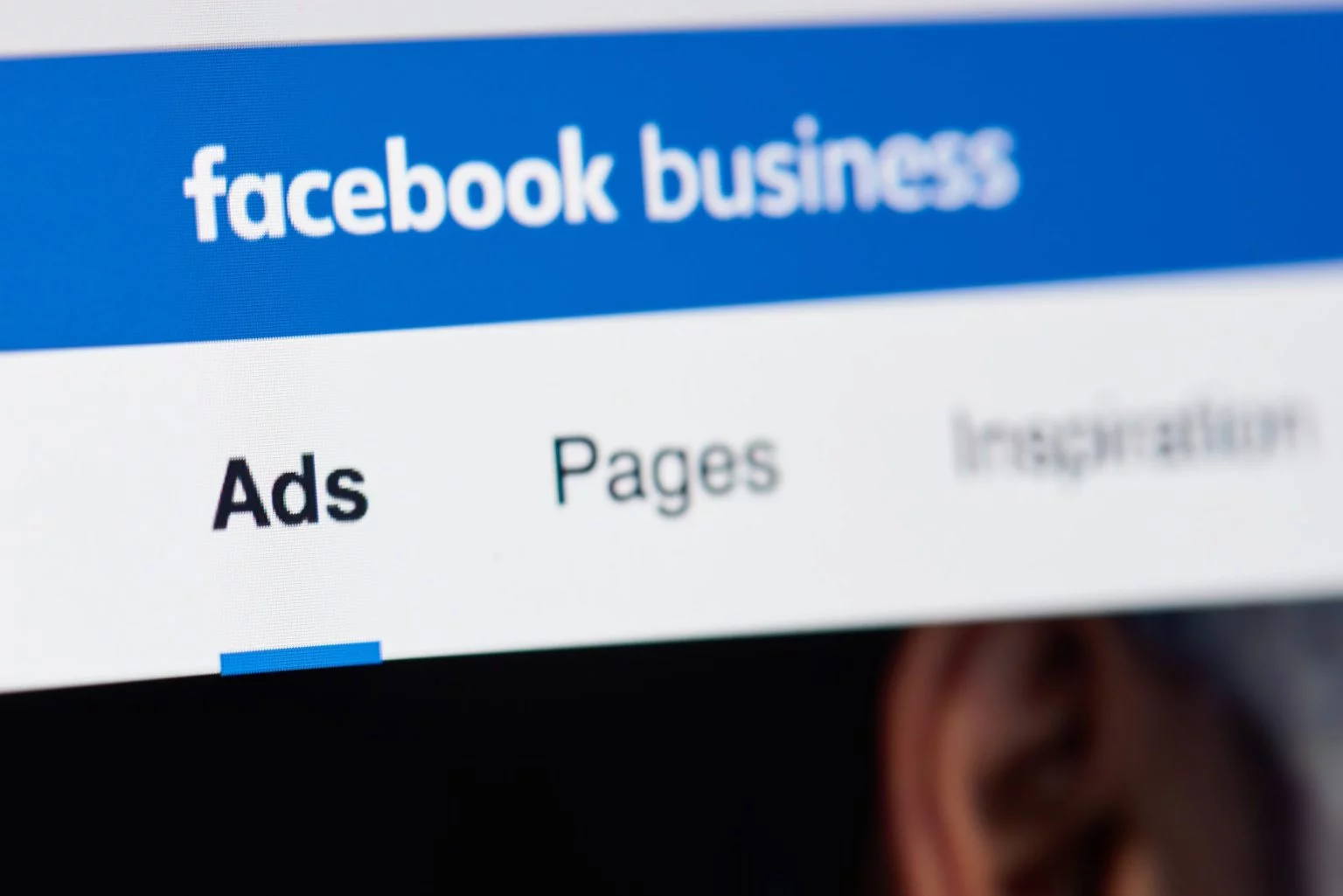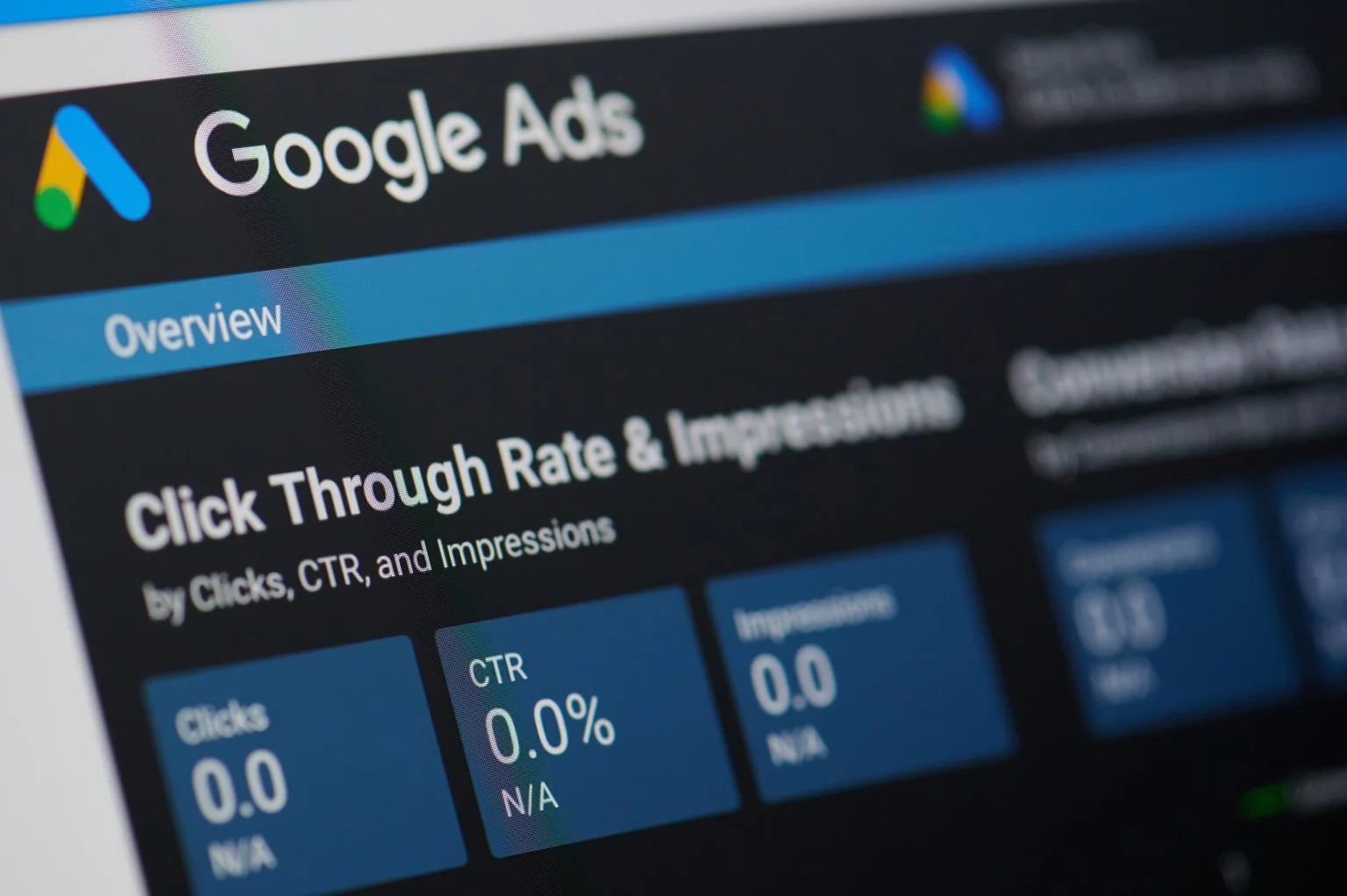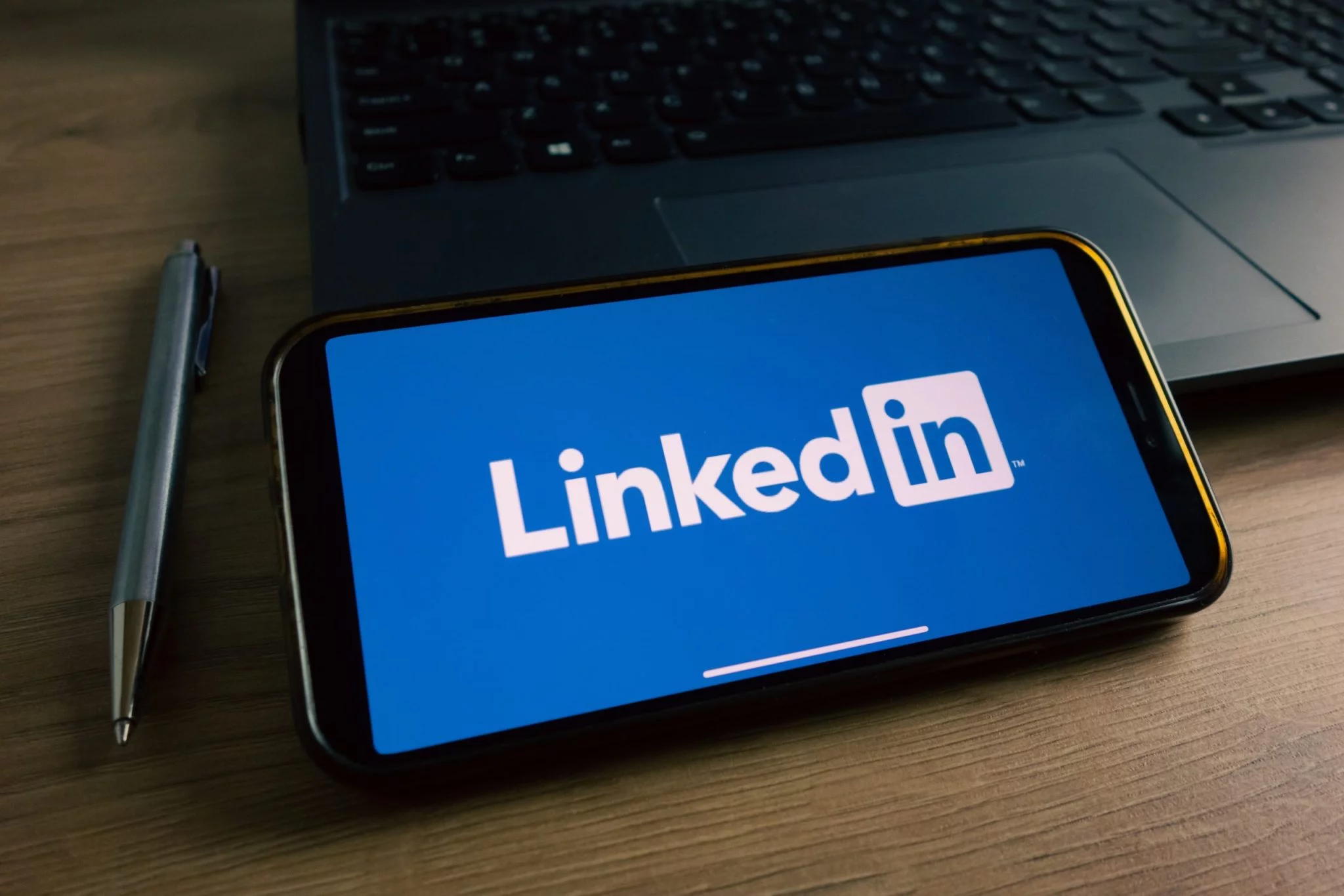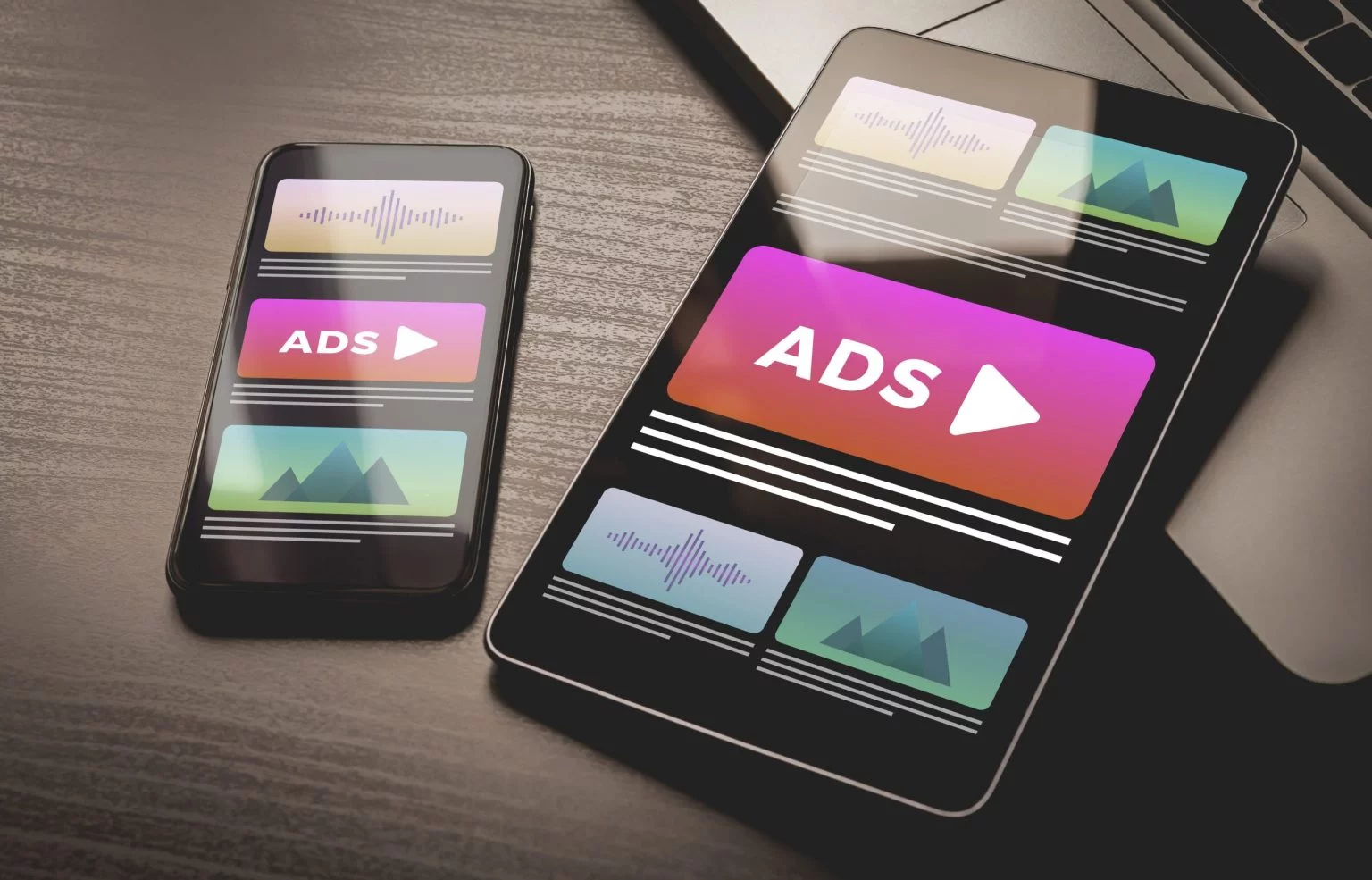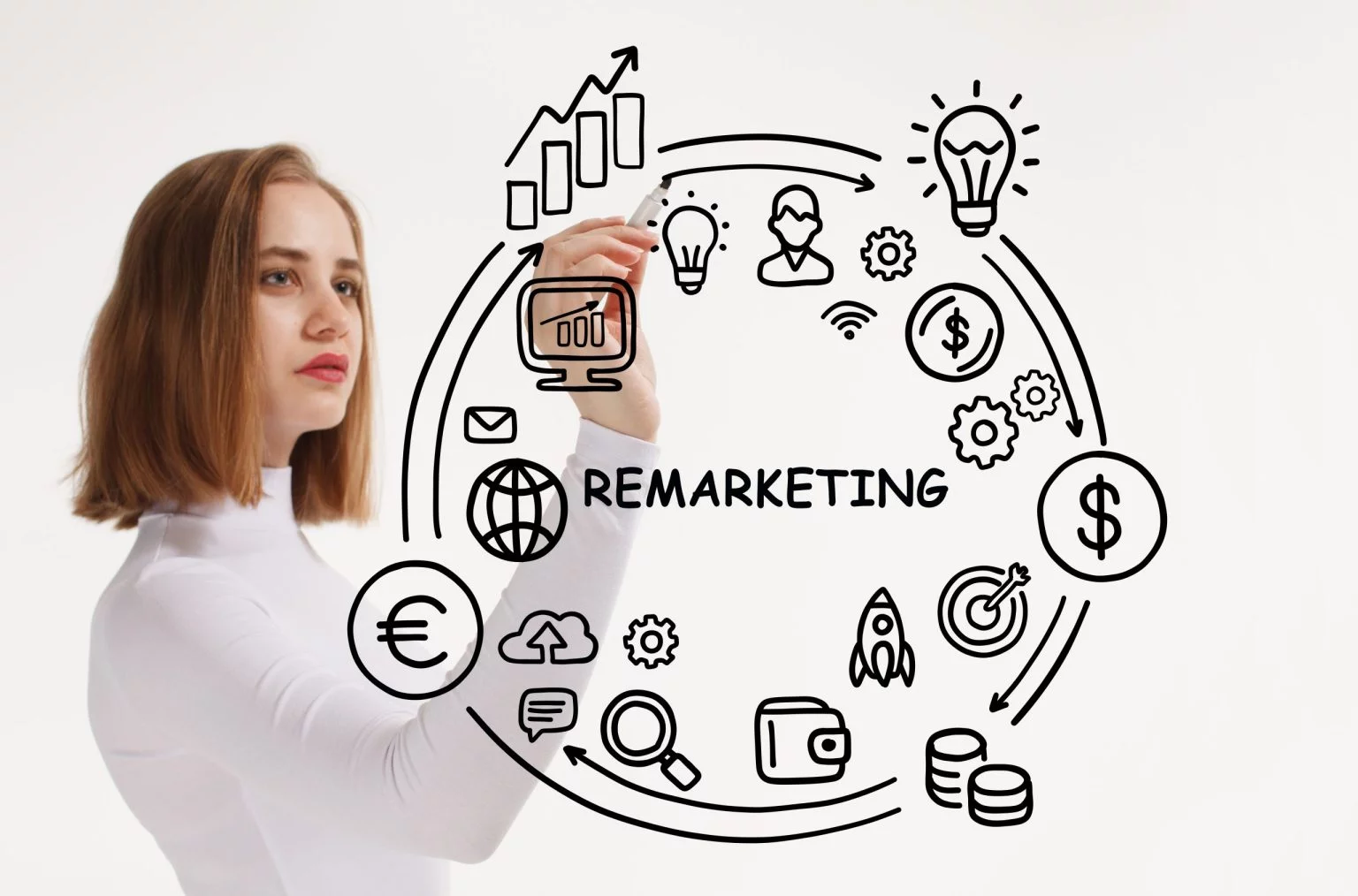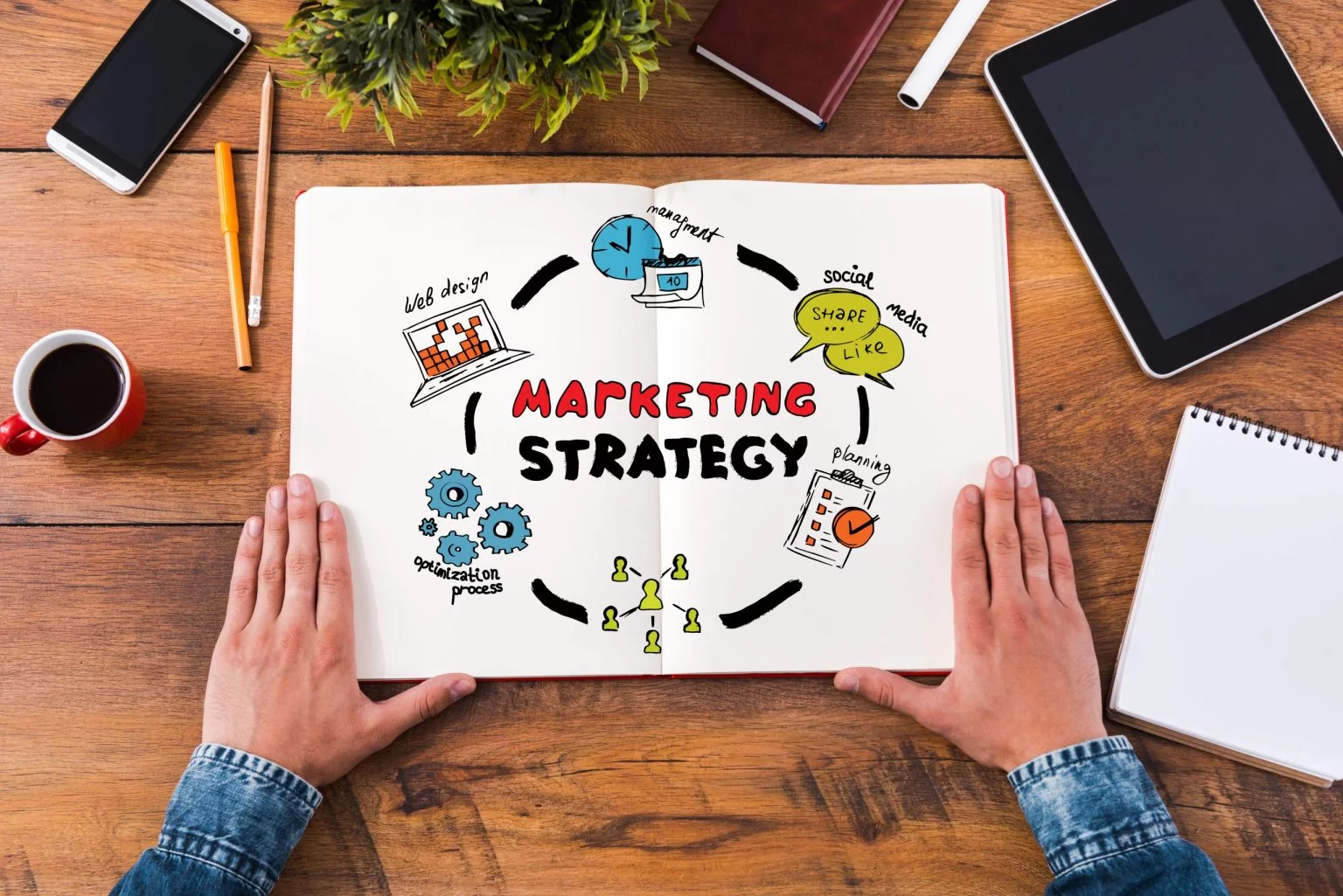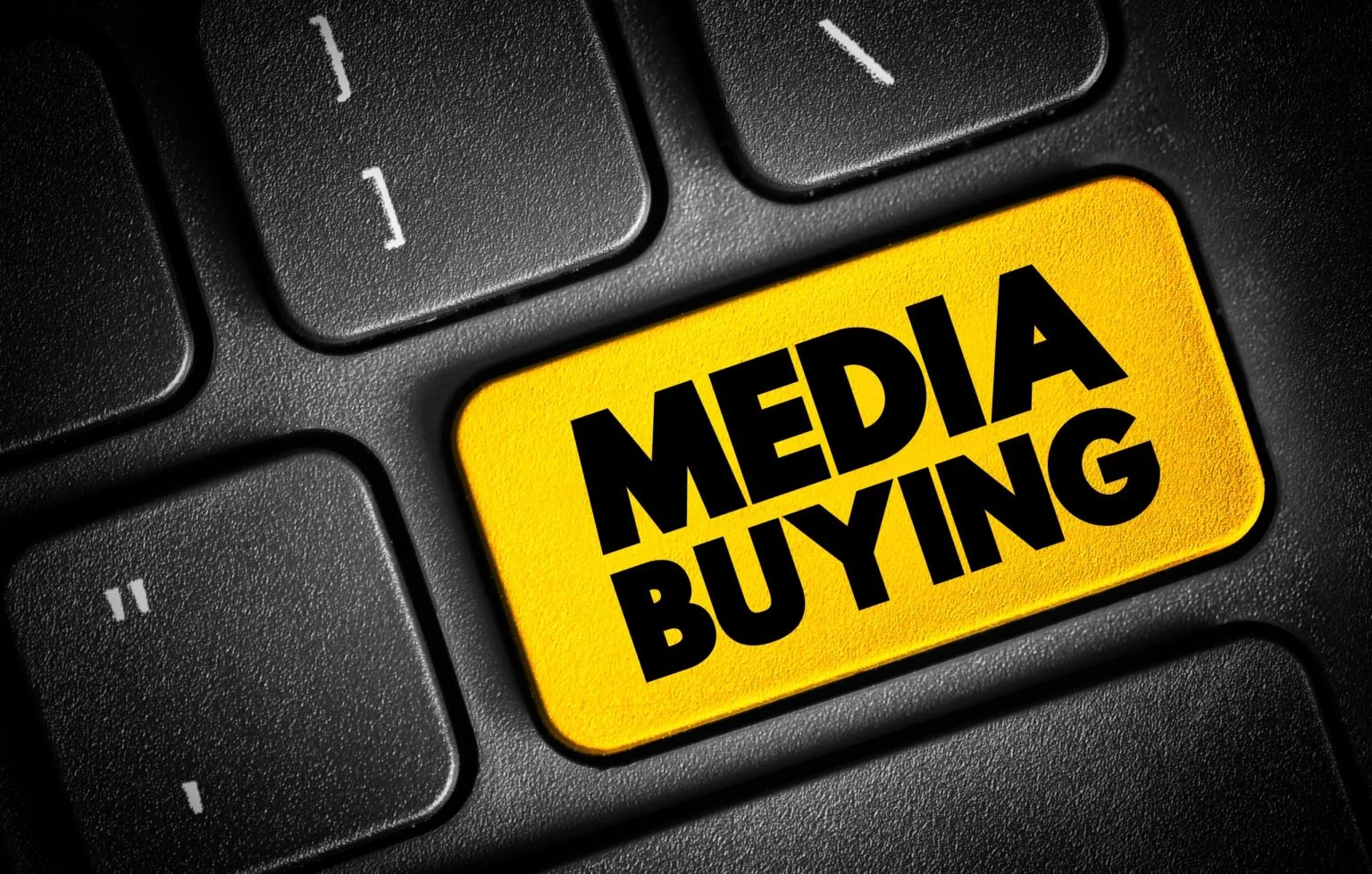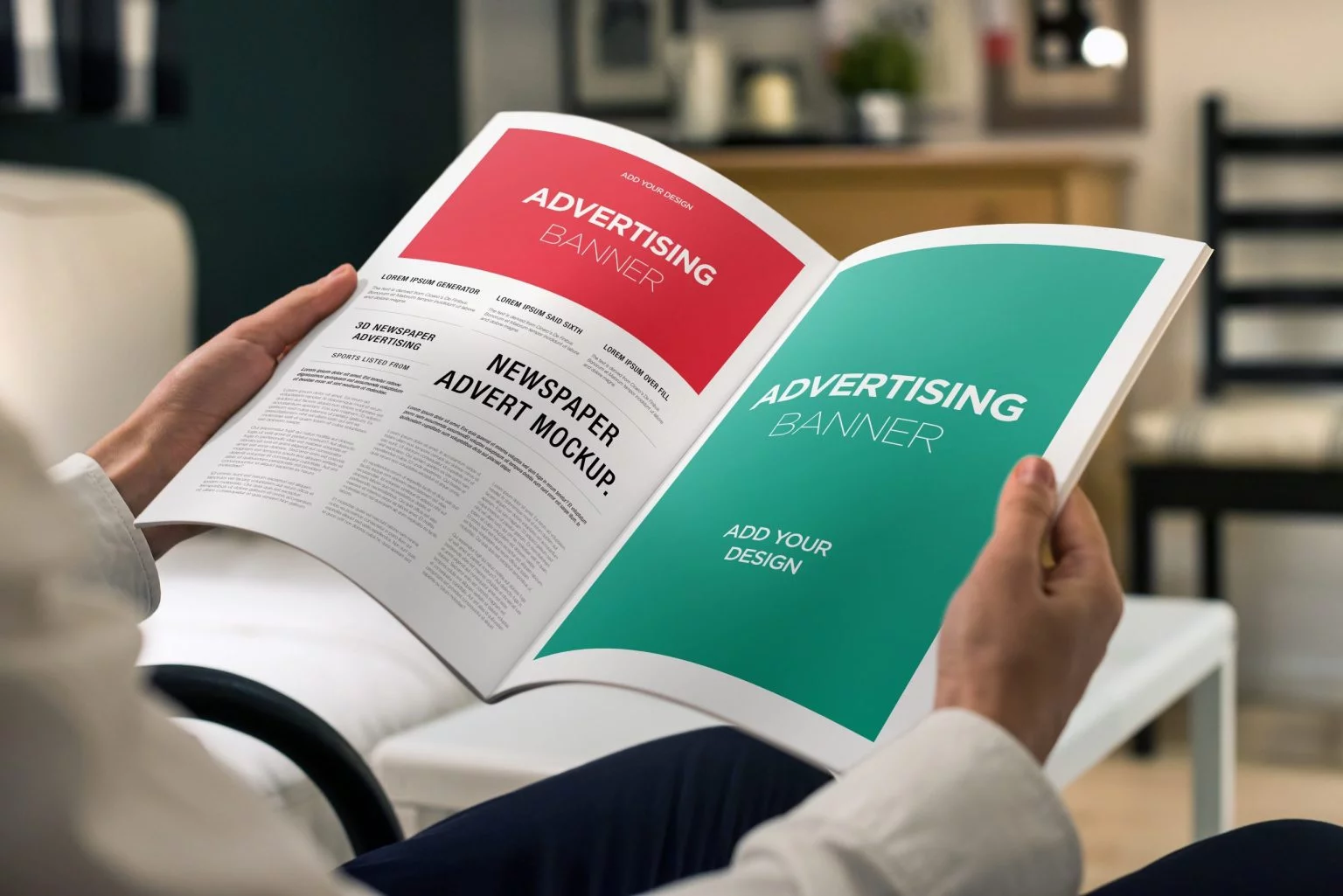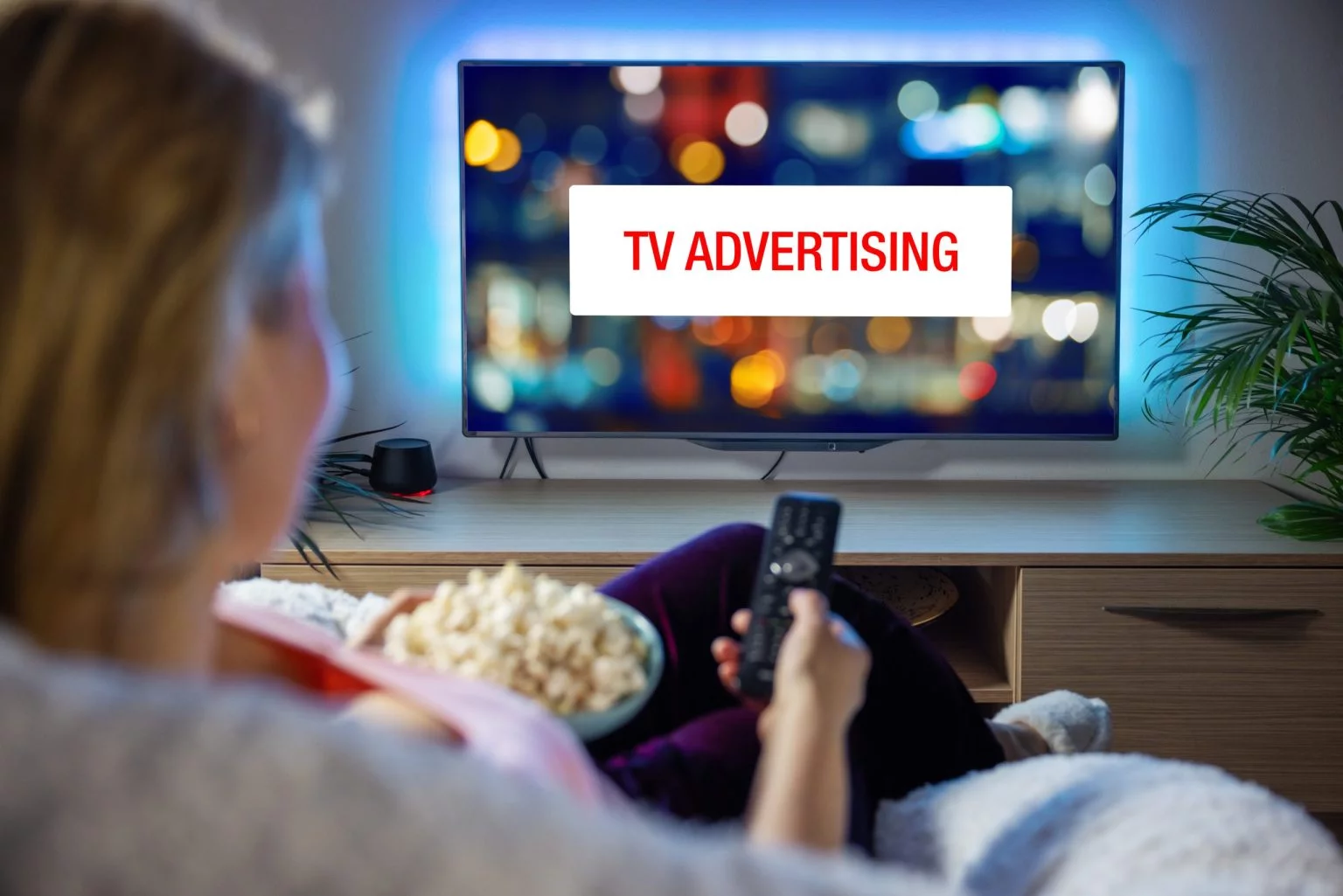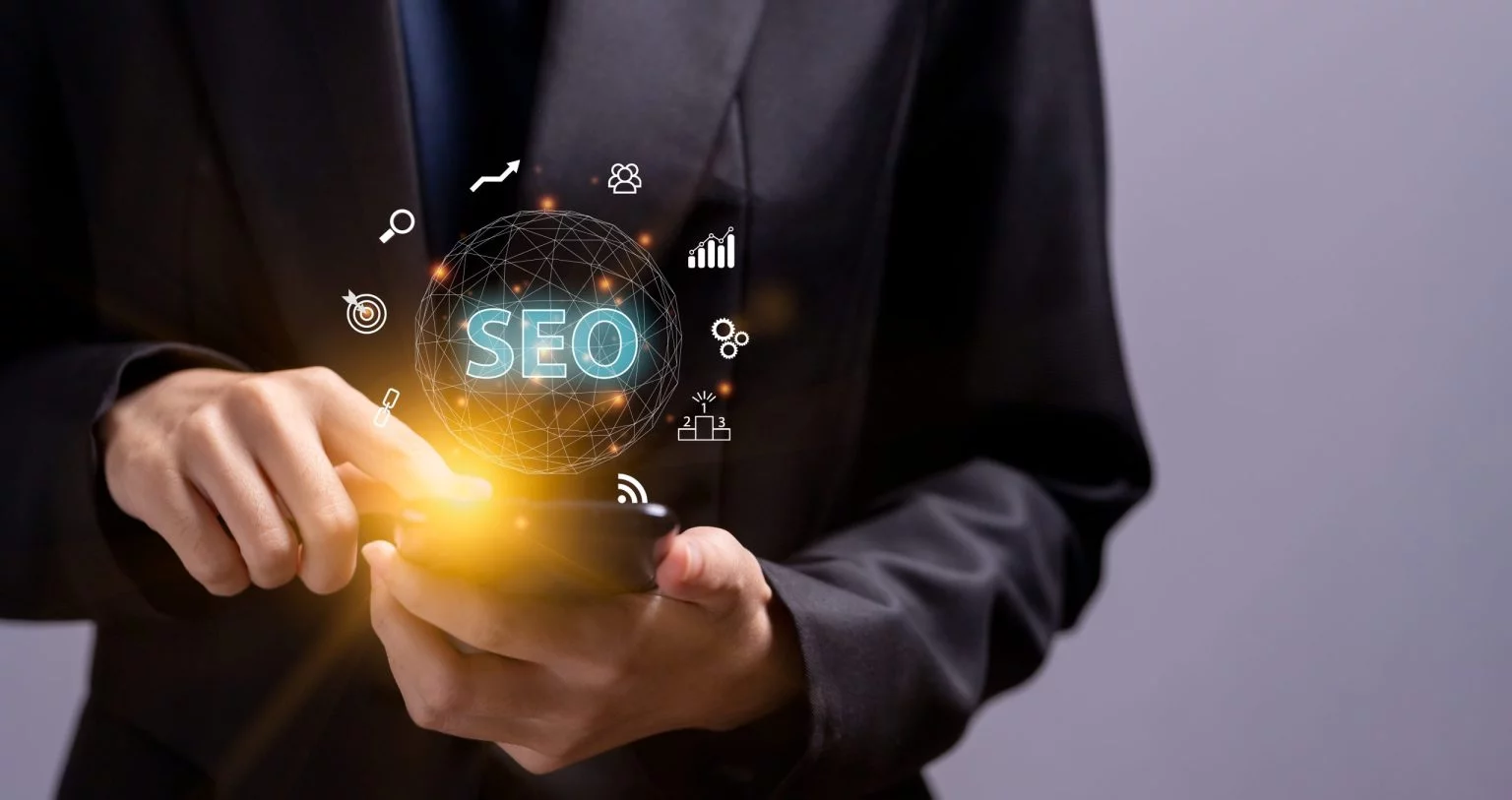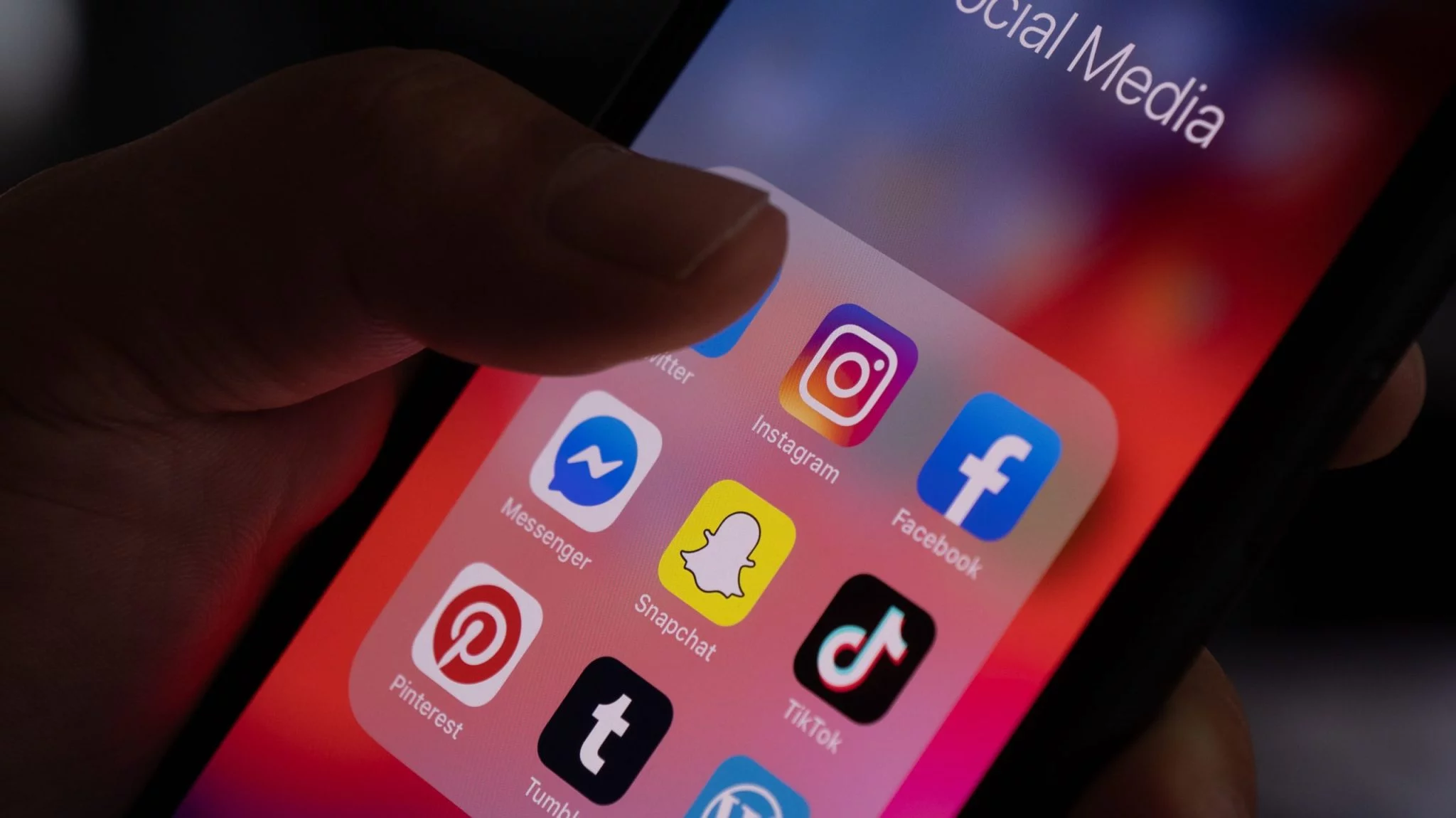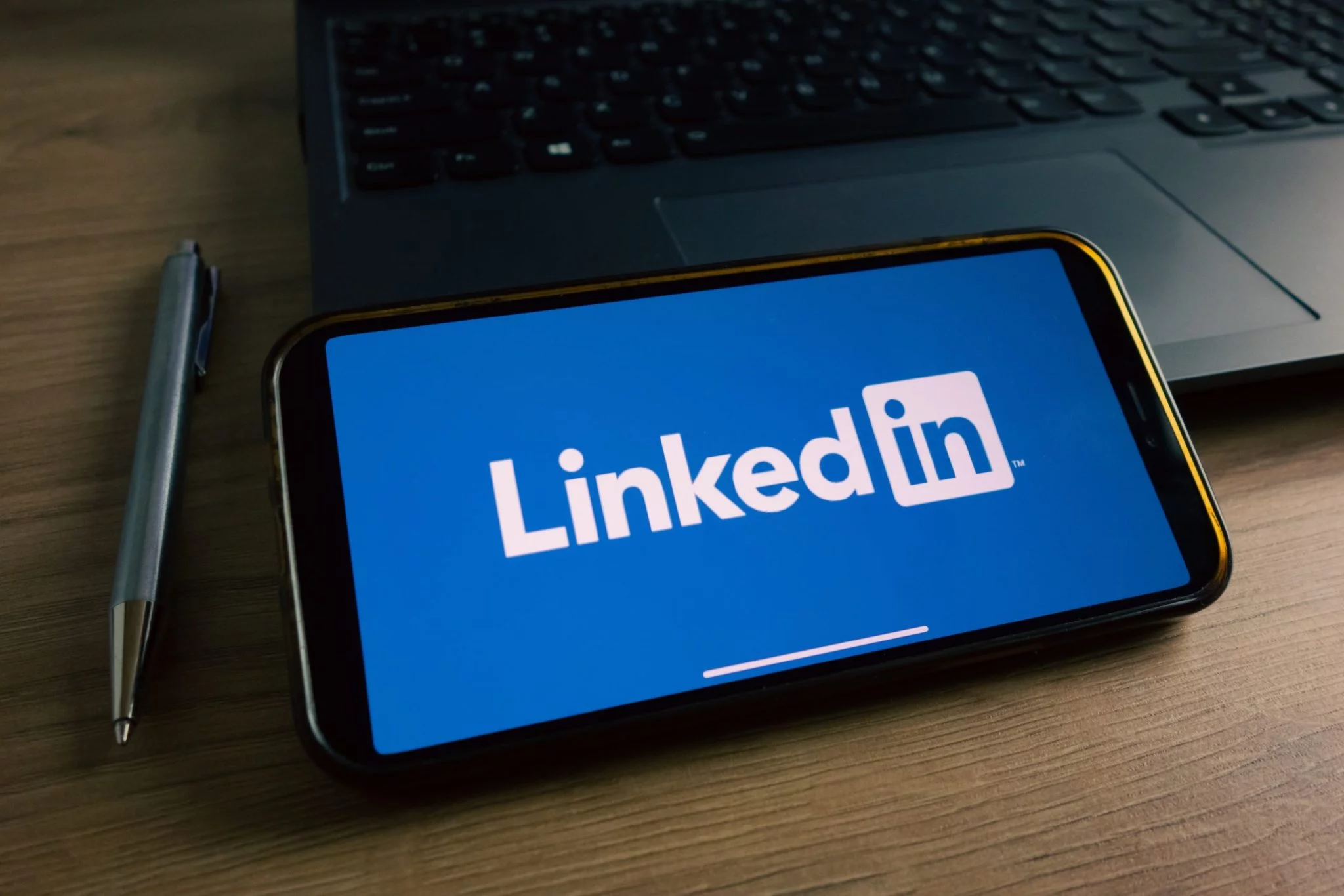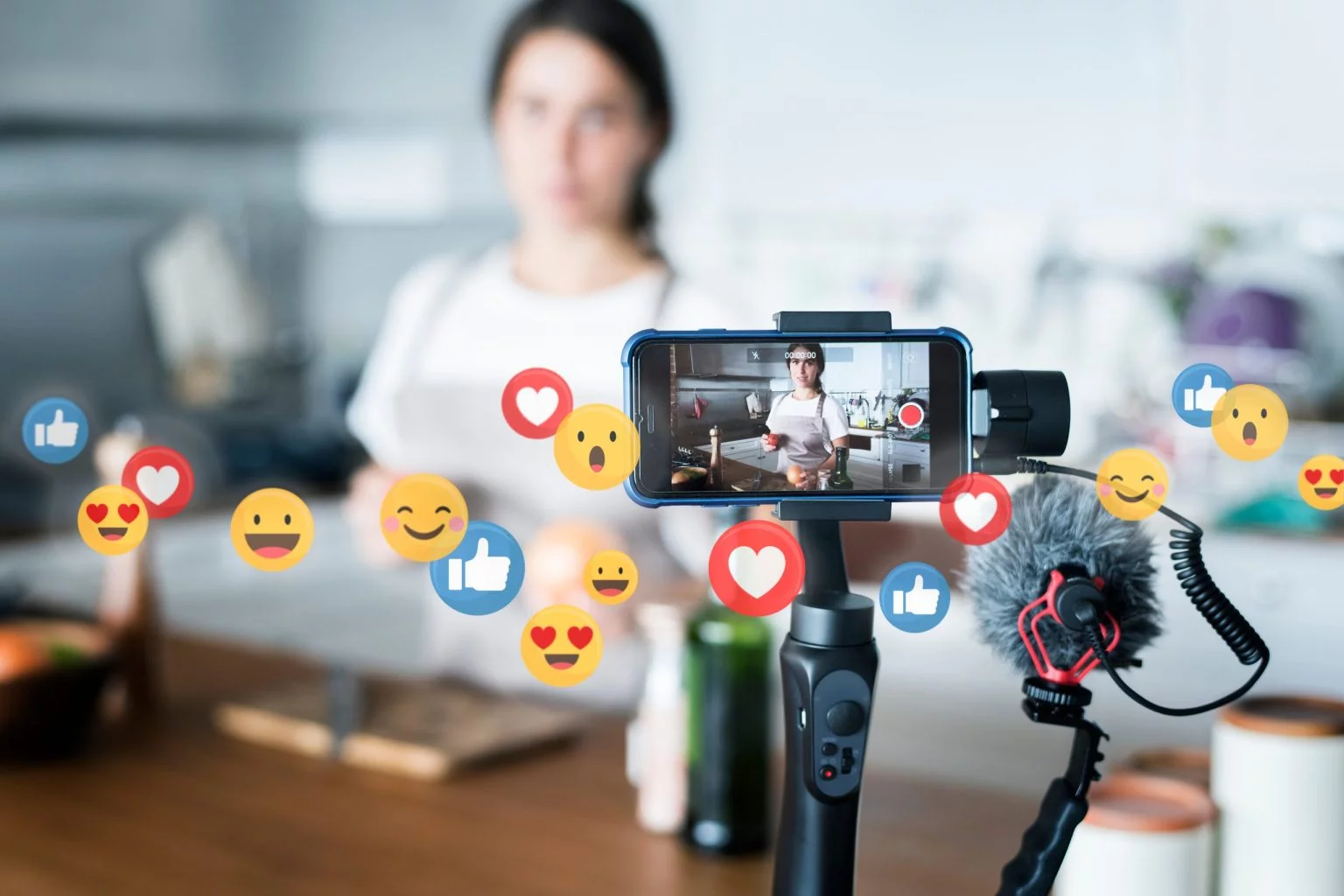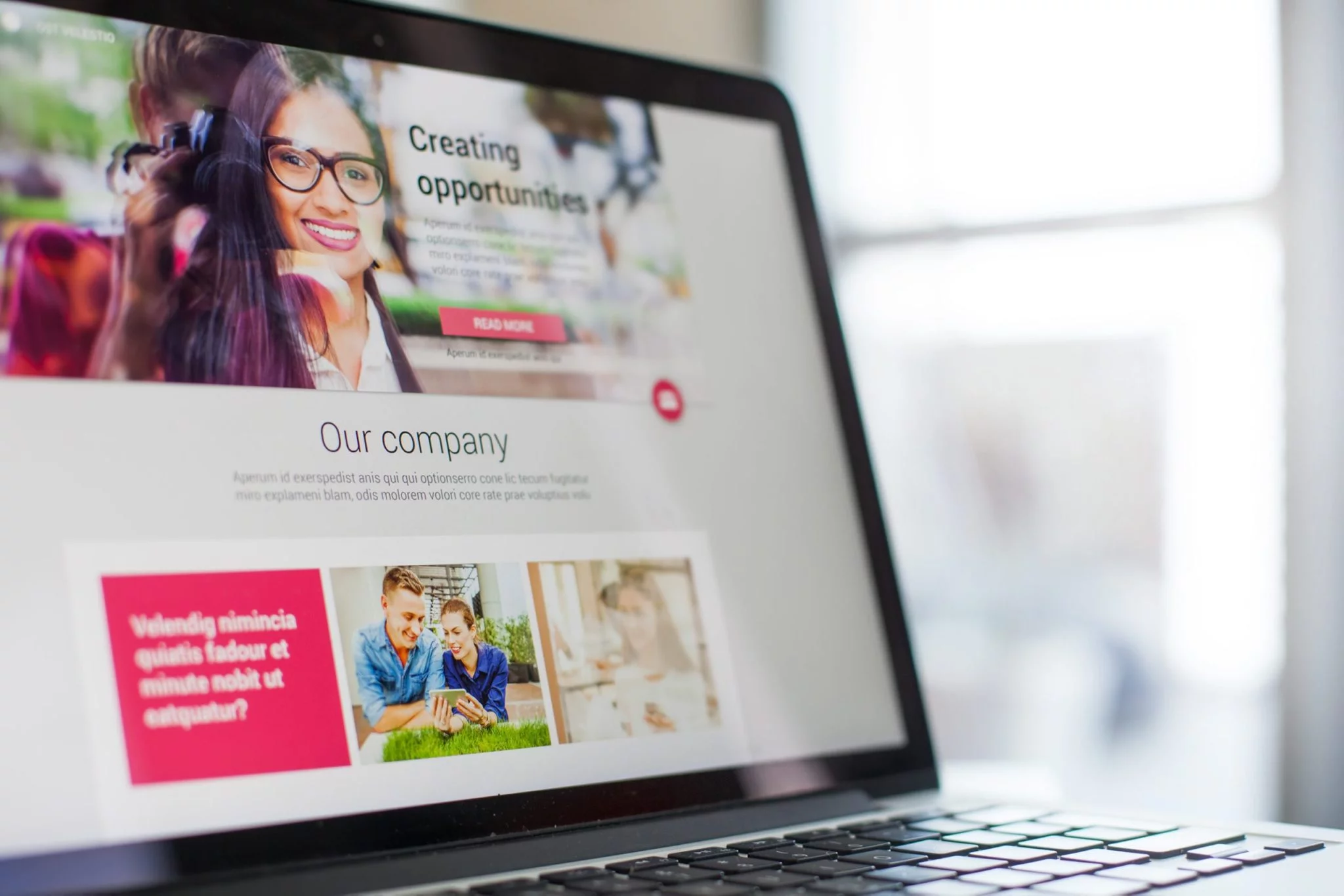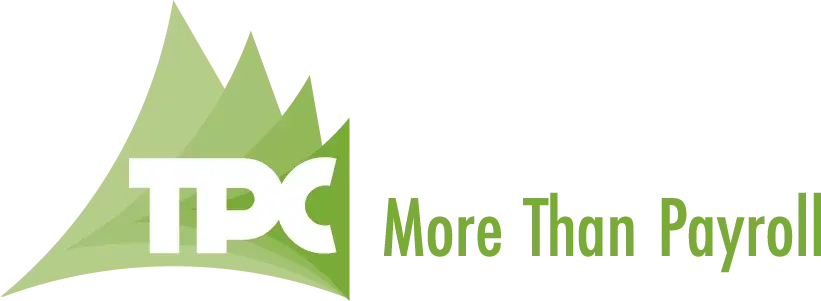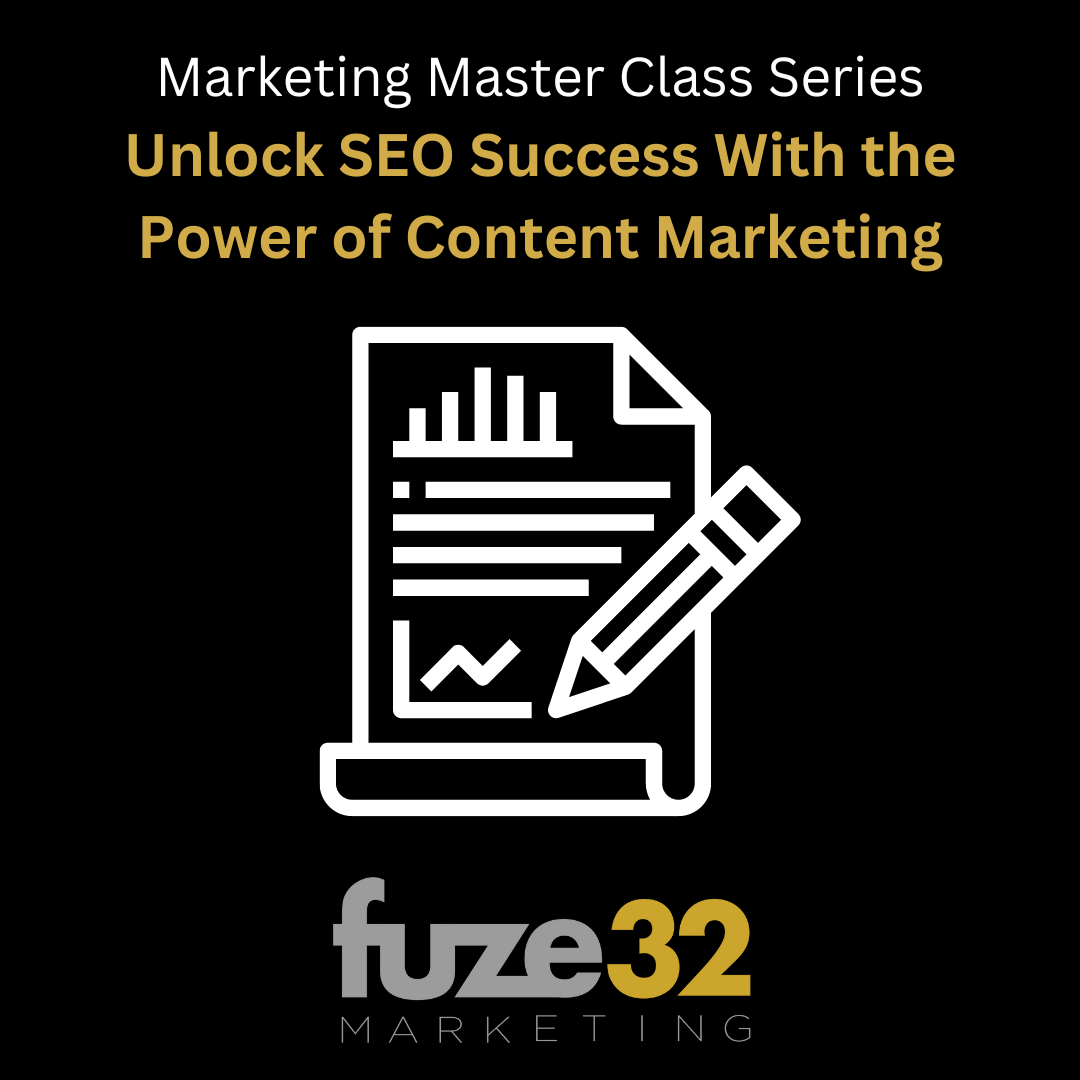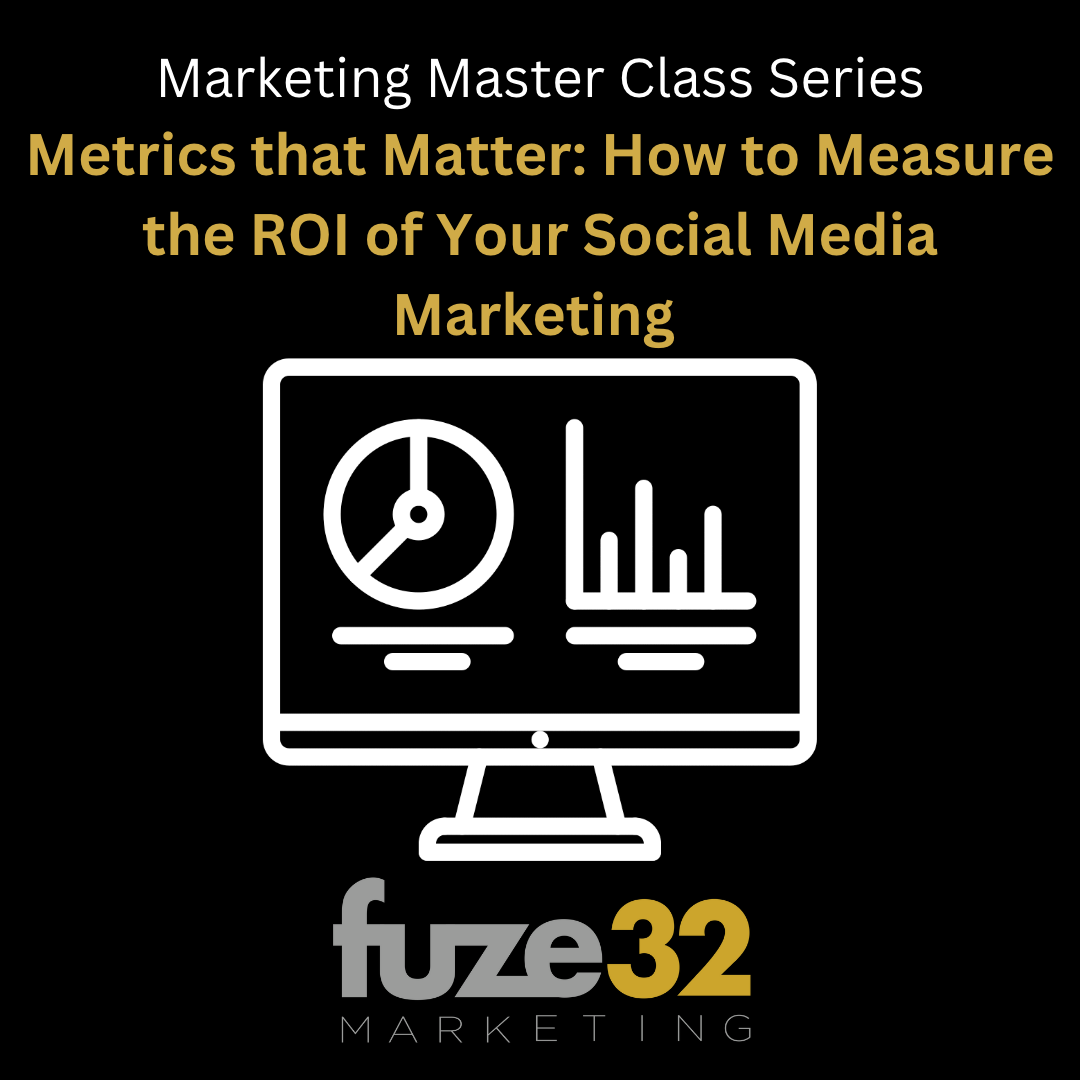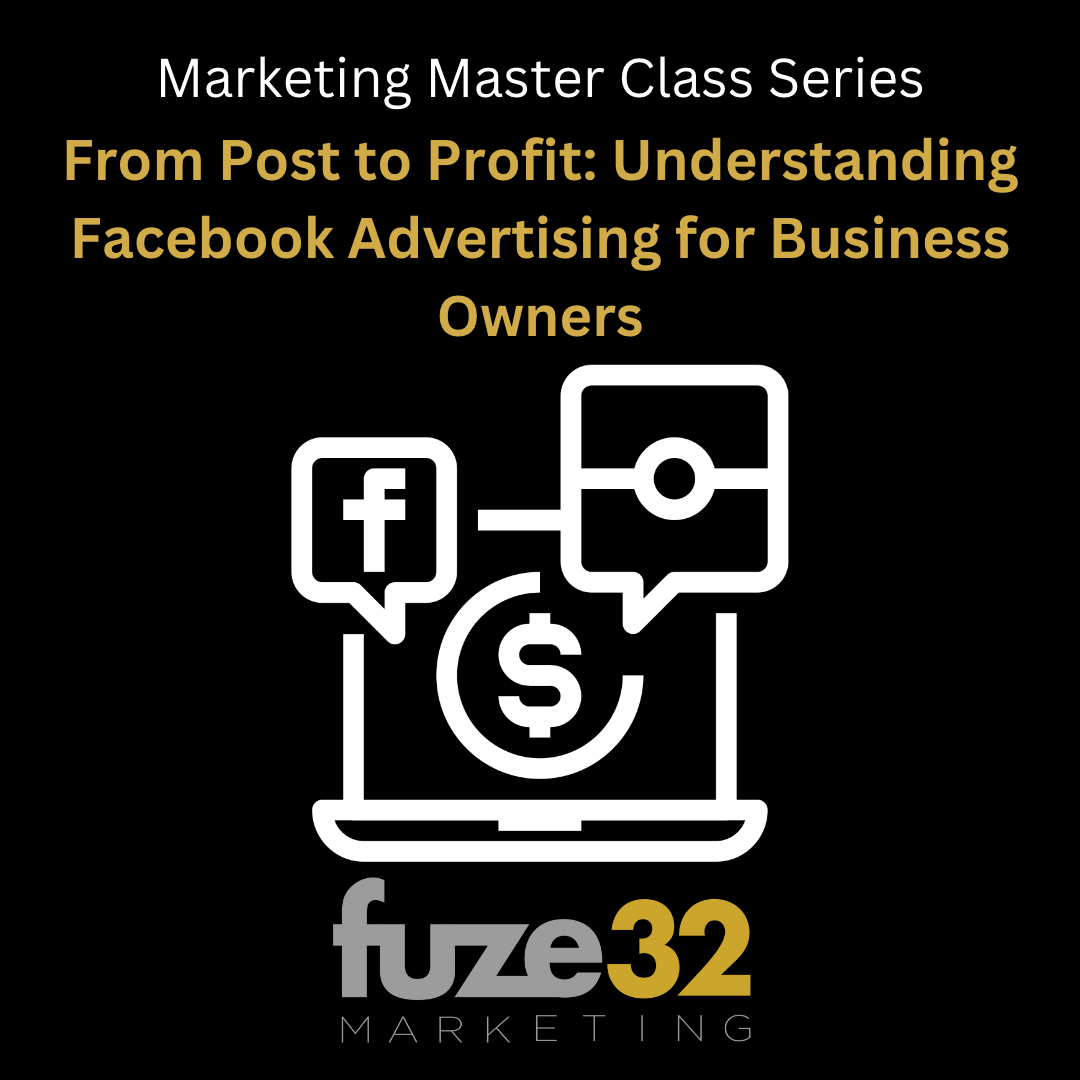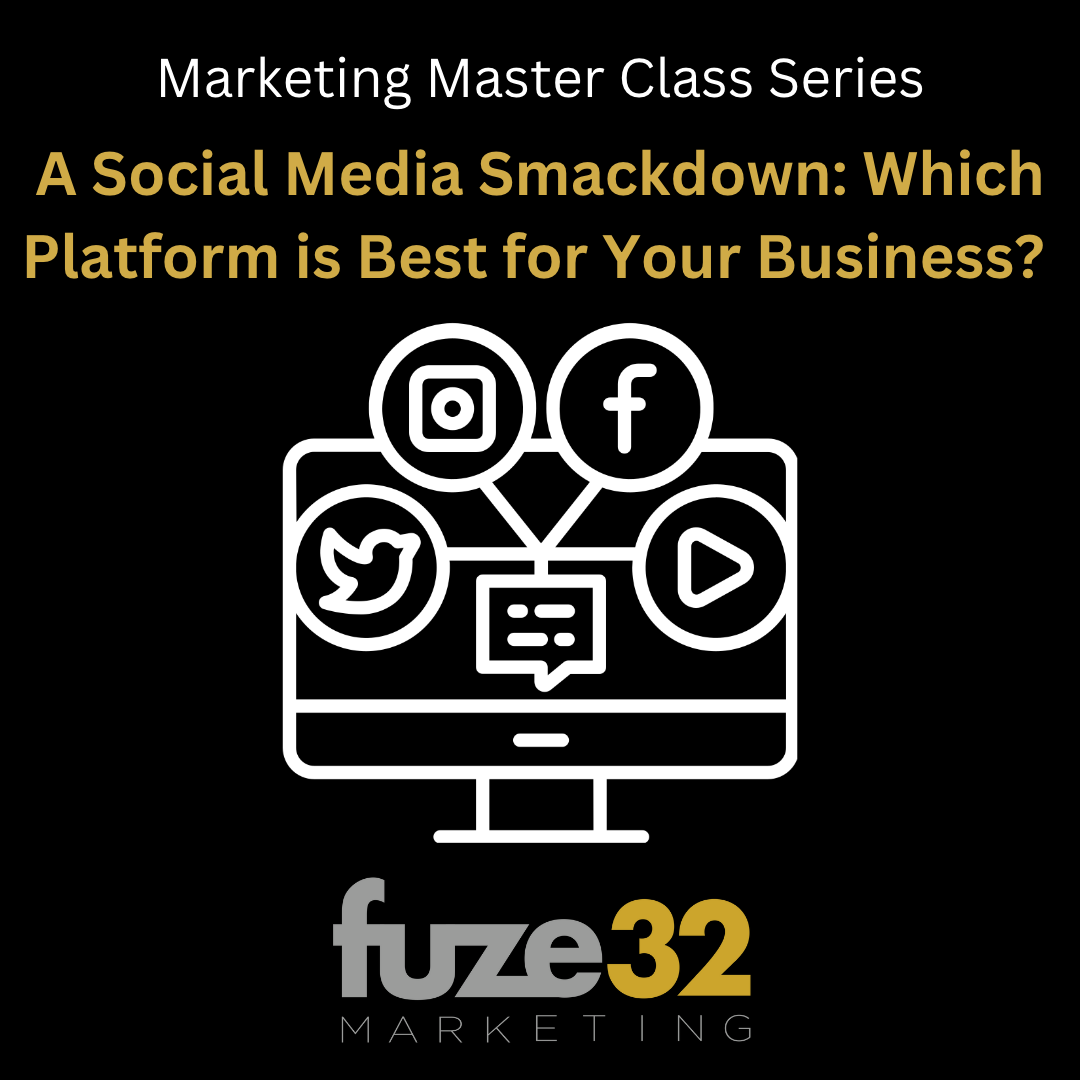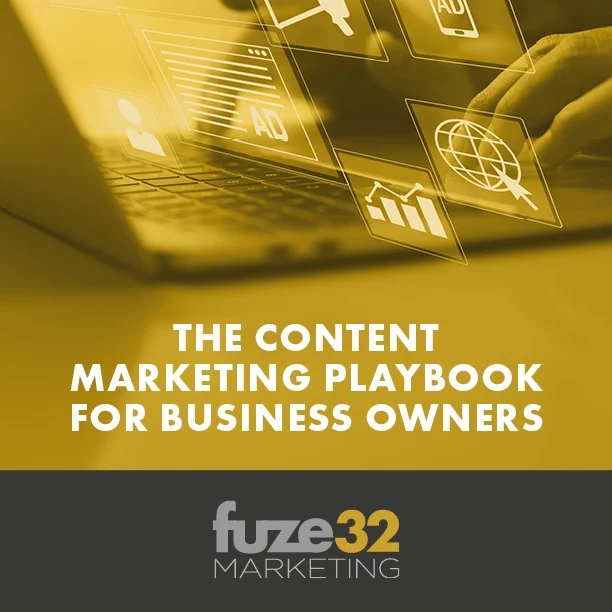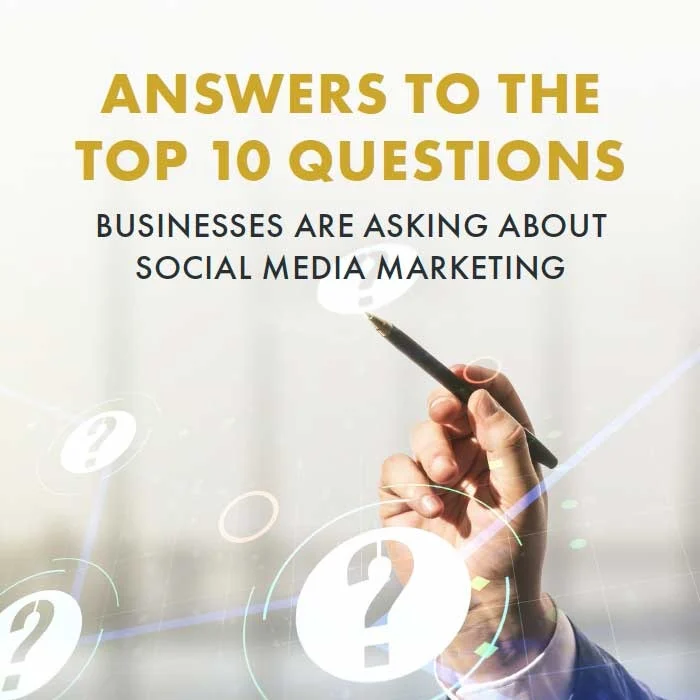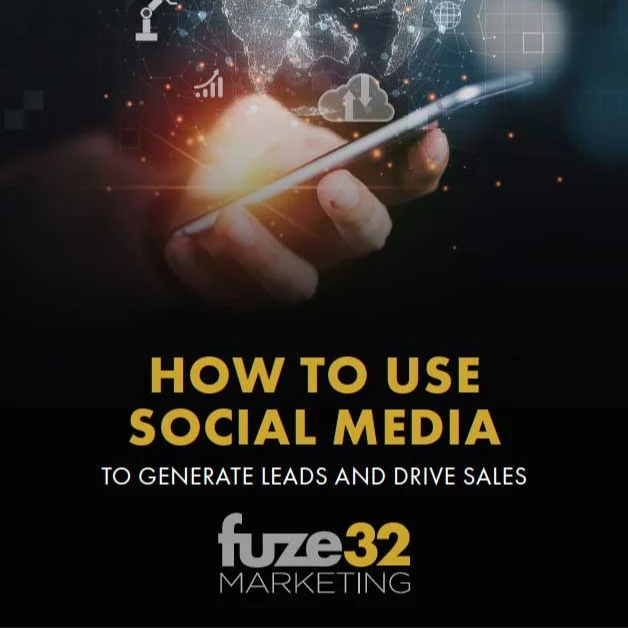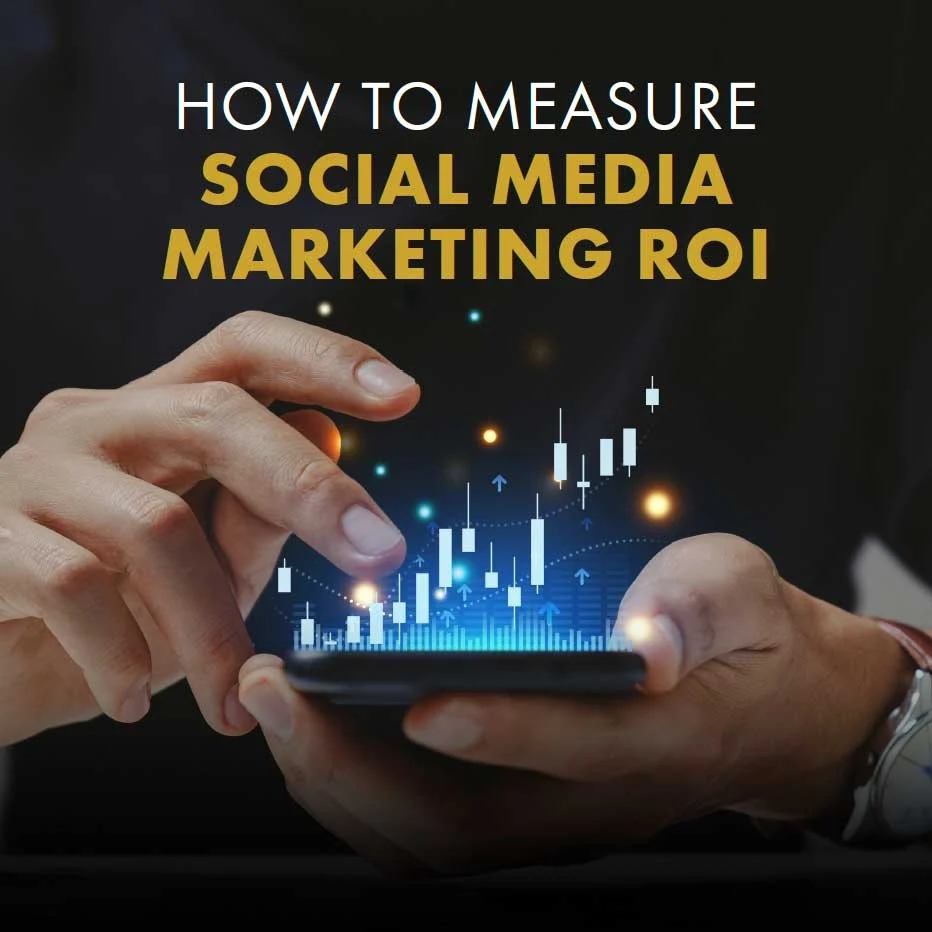Businesses of all sizes use pay-per-click (PPC) marketing to drive targeted traffic to their websites, increase brand awareness, and generate leads and sales. PPC marketing can be confusing at first because of all the acronyms and technical jargon, but we’ll simplify it to make it easy to understand.
In this article, we will explain what PPC marketing is, how it works, and why businesses should consider it as part of their digital marketing strategies.
What Is PPC Marketing?
PPC marketing means pay-per-click marketing.
It is a digital advertising model that shows ads to online users, but advertisers only pay when a user clicks on one of the ads. This type of marketing is typically used in search engine advertising, such as Google Ads or Bing Ads, as well as on social media platforms like Facebook, Instagram, Twitter, and LinkedIn.
Pay-per-click marketing can take several different forms, including text, images, video, or a combination. These ads also come in different display sizes.
How Does PPC Marketing Work?
In a PPC campaign, advertisers bid on specific keywords or phrases that they want their ads to appear for when someone searches for those terms. The cost per click (CPC) can vary depending on the competition for those keywords, the relevance of the ad to the search query, and the quality score of the ad.
The more popular keywords will cost more. For example, keywords for attorneys advertising legal services can cost $8.67 per click on average. Other high-cost keywords in pay-per-click marketing include dentists, home and home improvement, finance and insurance, and B2B products. Real estate, arts and education, and travel have PPC costs averaging $1.36 to $1.63.
Keep in mind, however, that these costs will vary depending on competition and, in some cases, seasonality.
At the other end of the scale are long-tail keywords. Long-tail keywords are words and phrases that are longer and more specific than more commonly used keywords. They tend to also have conversion values because they are less common and more precise. They drive less traffic but are highly targeted. They are less expensive and often attract consumers that are closer to the point of purchase.
For example, "pancakes" is a keyword that gets a lot of search traffic. "Light and fluffy pancakes without gluten" is an example of a long-tail keyword. It will get less traffic, but a higher click rate because it is more specific to what someone is searching for.
What Are the Benefits of PPC Marketing?
PPC advertising can be an effective way for businesses to drive targeted traffic to their website, increase brand awareness, and generate leads and sales.
Drive Targeted Traffic
A successful PPC marketing bid puts your ad near the top of the page on Google, above the organic listings. This makes sure your ad is seen when people search for the keywords you bid on. On search and social media, you can highly target your ads to specific types of users to show your ads to those most likely to be interested in your products or services.
Increase Brand Awareness
Because your ads are more visible to the right types of customers, they become more relevant. This can significantly improve brand awareness and recognition.
Marketers can also use remarketing techniques to target online users that have previously interacted with your website or engaged with your social media channels. Retargeting can help reinforce brand awareness.
Generate Leads and Sales
Pay-per-click marketing provides highly targeted ads so that you can reach online users that are searching for your product or service, or fit into your ideal customer profile. This increases the likelihood of generating leads and converting sales.
You can also customize messaging that is specific to keywords and phrases or to different audience segments that you choose. This makes your ads even more relevant to your target audience.
Because you can test various combinations of ad headlines, descriptions, calls-to-action (CTAs), and images, you can track and optimize your ads in real time. PPC marketing automation provides a way to A/B test a wide variety of combinations to find out what works best and optimize your campaign performance.
For example, Google’s responsive search ads let you test 15 headlines and four descriptions in various combinations. Google will automatically display a maximum of three headlines and two descriptions in each ad set, testing the combinations to find which ads are most relevant and generate the most clicks. Many social media platforms offer similar automated testing.
Creating and Managing Effective PPC Marketing Campaigns
Creating and managing PPC campaigns can be complex. You can see how it’s easy to waste money on PPC marketing if you’re not careful and strategic.
Effective campaigns require:
- Keyword research
- Ad copy creation
- Bid optimization
- Ad optimization testing
- Landing page management
The best PPC campaigns deliver a significant return on investment (ROI). Since one of the biggest costs for most businesses is customer acquisition, campaigns must be carefully managed to create the highest returns while remaining cost-efficient.
One important note is that the top positions don’t always go to the highest bidder. Search engines like Google show the ads with the highest potential to generate clicks and earn revenue. So, Google uses a combination of factors to decide which ads to show in its Ad Rank algorithm. This includes bid price, ad quality, expected clickthrough rate (CTR), and other factors like a searcher’s location, device, and time of the search. Google may favor an ad with a lower bid if it believes it will result in more clicks, thereby earning Google more money.
It can get quite complex, which is why it’s important to work with digital marketing experts to help guide your PPC marketing.
A Powerful and Effective Digital Advertising Model
Pay-per-click (PPC) marketing is a powerful and effective digital advertising model that offers businesses a way to reach their target audience and drive measurable results.



.webp)
